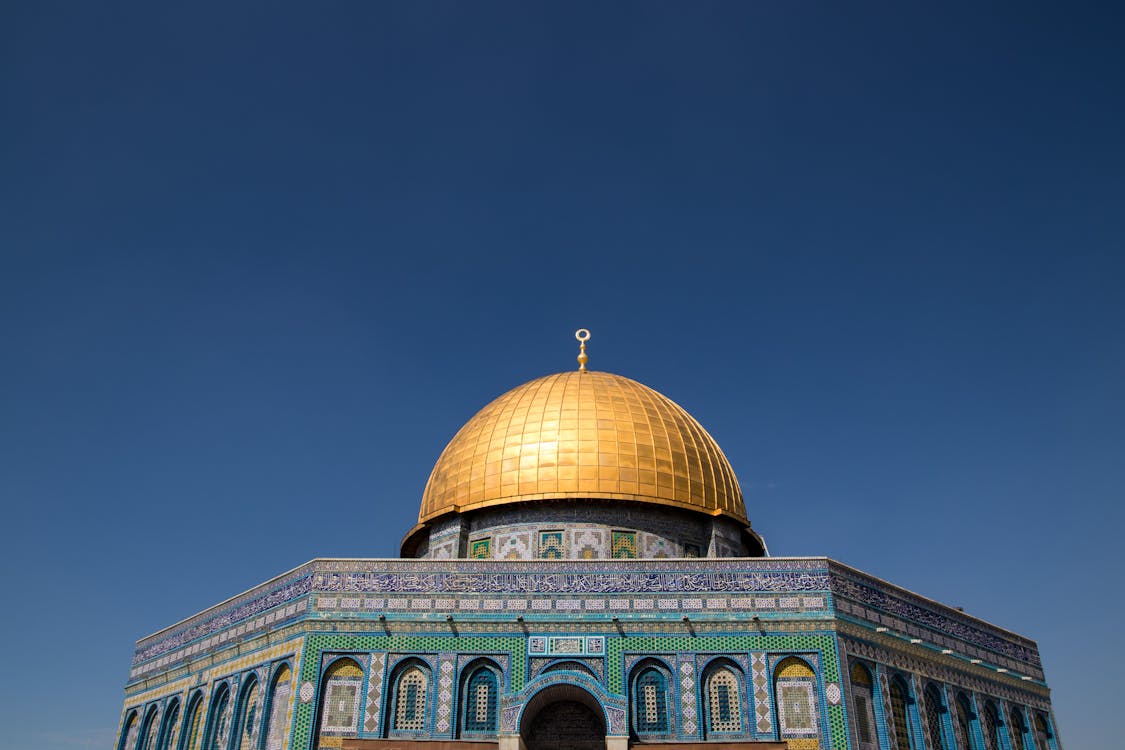
Photo: BECCA SIEGEL
Islam, a monotheistic Abrahamic faith, has left an indelible mark on human history through its profound teachings, ethical principles, and rich cultural contributions. The glory of Islam is not merely confined to the spiritual realm; it extends to various facets of human life, including science, art, philosophy, and governance.
Islam emerged in the 7th century in the Arabian Peninsula, and its rapid expansion ushered in an era of intellectual and cultural flourishing known as the Islamic Golden Age. During this period, Islamic scholars made groundbreaking advancements in various fields, including mathematics, astronomy, medicine, and philosophy. The translation movement in places like Baghdad and Cordoba preserved and disseminated the knowledge of ancient civilizations, contributing to the Renaissance in Europe centuries later.
At the core of Islam lies a set of ethical principles that guide the lives of its followers. The Five Pillars of Islam, including Shahada (faith), Salah (prayer), Zakat (charity), Sawm (fasting), and Hajj (pilgrimage), serve as a moral compass, promoting compassion, justice, and community welfare. The emphasis on social justice and charitable giving has had a profound impact on the development of charitable institutions and the alleviation of poverty in many Muslim-majority societies.
Islamic civilization has given birth to a rich and diverse tapestry of art and culture. Islamic architecture, with its intricate geometric patterns and exquisite calligraphy, is a testament to the aesthetic prowess of Muslim artisans. The blending of various artistic forms in literature, music, and the decorative arts reflects the cultural diversity within the Islamic world, contributing to a global mosaic of human creativity.
Throughout history, Islam has demonstrated a remarkable capacity for tolerance and coexistence. The concept of dhimmitude, which protected the rights of non-Muslim minorities within Islamic states, reflects a commitment to religious pluralism. The convivencia in medieval Spain, where Muslims, Jews, and Christians lived side by side, is another example of Islam’s ability to foster diverse communities.
The glory of Islam is not confined to the past; it continues to shape the contemporary world. Islam is the second-largest religion globally, with over a billion followers. The contributions of Muslim scientists, scholars, and thinkers continue to influence various fields, and Islamic principles guide the lives of millions, providing a moral and spiritual compass in an ever-changing world.
The glory of Islam encompasses a rich tapestry of faith, knowledge, and civilization that has left an enduring imprint on human history. From the Golden Age of Islamic civilization to the contemporary contributions of Muslim thinkers, Islam’s impact on science, art, ethics, and culture is a testament to its enduring relevance. As the world navigates the complexities of the 21st century, the principles and contributions of Islam remain a source of inspiration, fostering a greater understanding and appreciation for the diversity and richness of human civilization.











